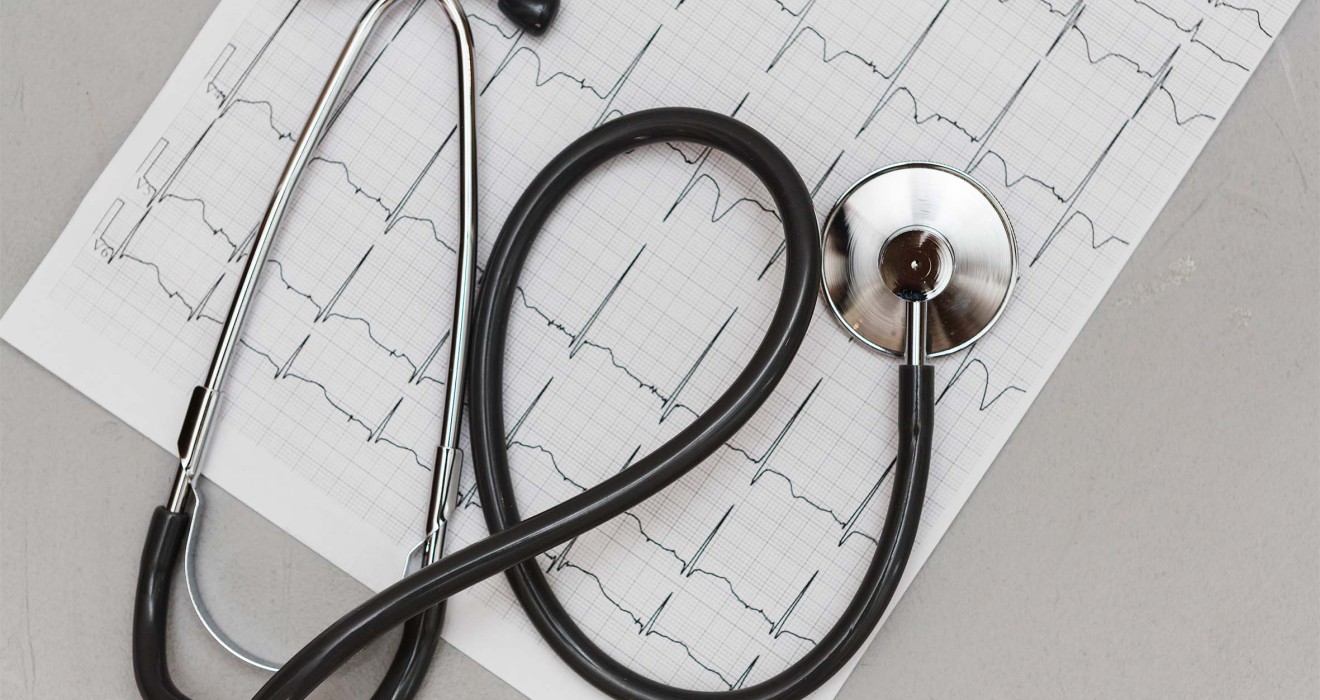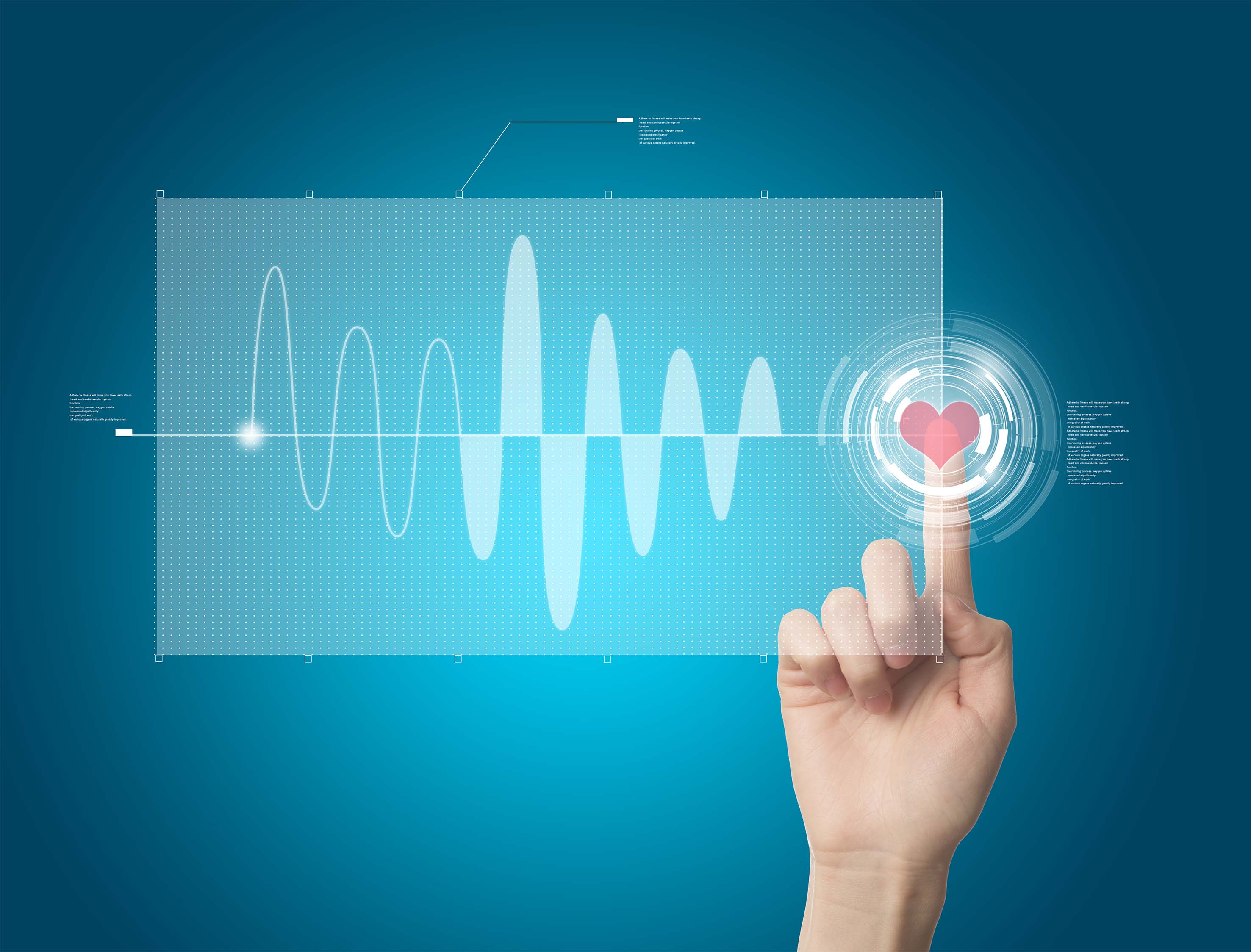
What are the Differences Between ECG and Echocardiogram?
Heart health is one of the most important factors directly affecting quality of life. Heart disease is one of the leading causes of death worldwide. Therefore, early detection and management of heart disease is of great importance. ECG and echocardiogram are two important tests used to assess heart health. However, the purpose, use, and information obtained from these two tests are different. So, what are the differences between an ECG and an echocardiogram?
What is an ECG?
ECG stands for electrocardiogram and is a test that measures the electrical activity of the heart. The heart produces an electrical signal with each beat. These signals cause the heart muscle to contract. An ECG records these electrical signals to assess the heart's rhythm, rate, and electrical activity.
The uses of an ECG include:
- Detecting heart rhythm disorders (arrhythmia)
- Diagnosing a heart attack (myocardial infarction)
- Identifying problems with the heart's electrical conduction
- Monitoring and treating certain heart conditions
An ECG test is generally a short procedure. It is performed using electrodes placed on the patient's chest. These electrodes record the heart's electrical signals and transmit them to a printer or computer to create a graphical image. However, to understand the difference between an ECG and an echocardiogram, it is also necessary to have information about echocardiograms.
What is an Echocardiogram?
An echocardiogram (or echocardiography for short) is a test that uses sound waves to visualize the internal structure and function of the heart. It is based on ultrasound technology and provides detailed images of the heart's four chambers, valves, blood flow, and heart muscle.
The uses of an echocardiogram are as follows:
- Detection of problems with heart valves
- Thickening or weakening of heart walls
- Examination of effects in conditions such as heart failure
- Evaluation of heart muscle function
- Monitoring of congenital heart diseases and structural problems
No harmful radiation is applied to the body during an echocardiogram. During the test, gel is applied to the skin and the heart is imaged using an ultrasound probe. The internal structure of the heart is analyzed in detail using sound waves.

Key Differences Between ECG and Echocardiogram
The differences between ECG and echocardiogram relate to the technologies used, the purpose of the tests, and the data obtained. The key differences between the two tests are as follows:
Test Technology
- ECG: Uses electrical signals. It works through a device that measures the heart's electrical activity.
- Echocardiogram: Uses sound waves (ultrasound). It visually analyzes the heart's structure and functions.
Measurement
- ECG: Measures the heart's electrical activity, rhythm, speed, and conduction disorders.
- Echocardiogram: Evaluates the structural characteristics of the heart, valves, blood flow, and heart muscle.
Application Method
- ECG: Performed using electrodes placed on the chest.
- Echocardiogram: Performed using gel applied to the skin and an ultrasound probe.
ECG and Echocardiogram Applications
- ECG: It is generally used for heart rhythm disorders, heart attacks, and electrical conduction problems.
- Echocardiogram: It is used for structural heart diseases, valve diseases, heart failure, and congenital heart disorders.
Test Duration and Comfort
- ECG: It is a short test that usually takes a few minutes. It does not cause any discomfort to the patient.
- Echocardiogram: The test may take longer and the patient may need to remain in certain positions. However, it is painless and generally not uncomfortable.
Interpretation of Results
- ECG: Provides instant information about the heart's electrical activity and is usually evaluated immediately.
- Echocardiogram: As it is a visual test, the results need to be examined in detail by specialist doctors.

